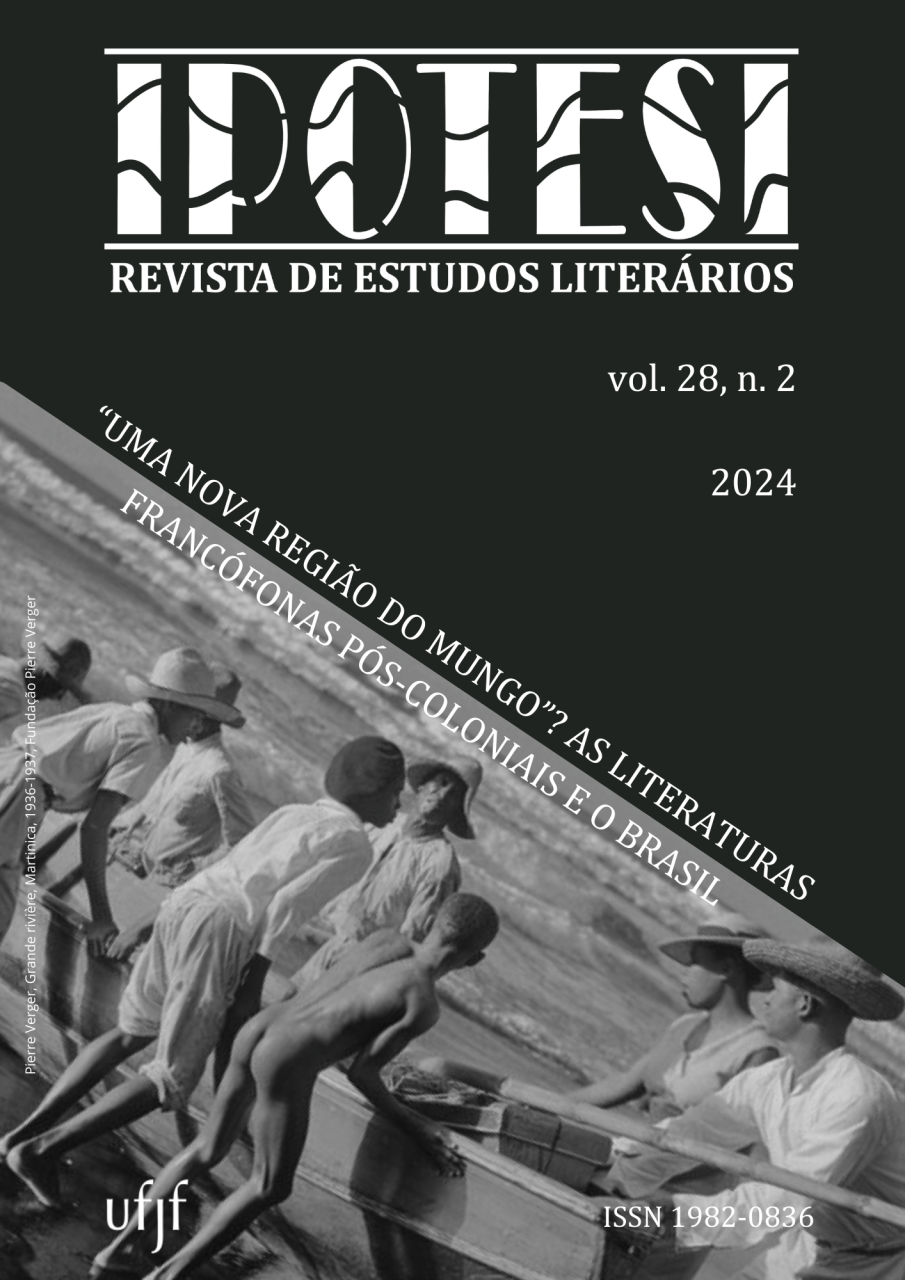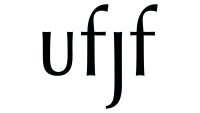Tradução e difusão no Brasil da literatura africana francófona
DOI:
https://doi.org/10.34019/1982-0836.2024.v28.46499Keywords:
African Francophone writers. Translation. Brazilian publishing market.Abstract
This article presents a history of the translation and dissemination in Brazil of works by African authors from Francophone countries. By cataloging and chronologically listing the translations in Brazil, the aim is to reflect on the images and meanings associated with these works over time. In the first part of the article, concerning the initial publications in the 1950s and 1960s, the focus is on tensions between racist ideology, an exoticized view of Africans, and the struggle for cultural and identity affirmation. Next, from the early 1970s to the mid-1980s, the article examines the relationship between the publication of collections of African works with anti-colonial themes and the Brazilian military dictatorship. Finally, it addresses the intensification of the circulation of translations of Francophone authors and the changes in editorial approaches from the 2000s onward.
Downloads
References
ACHOUR, Christiane Chaulet. L’entrée en écriture d’Assia Djebar en 1957. Diacritik, 2017. https://diacritik.com/2017/12/01/lentree-en-ecriture-dassia-djebar-en-1957/ (Última consulta 19/10/2024).
ALMEIDA, Ricardo Porto de. Brasil descobre a literatura africana. O Estado de São Paulo. São Paulo, 25 nov. 1979, p. 33.
BASTIDE, Roger. O movimento negro francês. Quilombo: vida, problemas e aspirações do negro. Rio de Janeiro, ano II, n. 9, mai. 1950, p.3.
COURI, Norma. As sete vidas de Fernando. Observatório da Imprensa, São Paulo, n. 808, 23 de julho de 2014.
CRUZ, Clauber Ribeiro; PEREIRA, Márcio Roberto. A presença das literaturas africanas no Brasil: a formação de um projeto literário. Estudos Linguísticos, São Paulo, 46 (3), 2017, p. 1190-1200.
CUNHA, Fausto. Prefácio. In: SENGHOR, L. S. Poemas. Rio de Janeiro: Grifo Edições, 1969, p. 11-15.
MELO, Daniel. Semblanza de Uma Terra Sem Amos (Lisboa, 1978-2004). Biblioteca Virtual Miguel de Cervantes. Portal Editores y Editoriales Iberoamericanos (siglos XIX-XXI) - EDI-RED, 2019. http://www.cervantesvirtual.com/obra/uma-terra-sem-amos-lisboa-1978- 2004-semblanza-971145/ (Última consulta 30/10/2024).
RODRIGUES, Ironides. Orpheu Negro. Quilombo: vida, problemas e aspirações do negro. Rio de Janeiro, ano II, n. 5, jan. 1950, p. 6-7.
MOURÃO, Fernando Augusto Albuquerque. A literatura de Angola, Moçambique, São Tomé e Príncipe e o problema da língua. África: Revista do Centro de Estudos Africanos da USP. São Paulo, n. 8, 1985, p. 65-76.
OLINTO, Antonio. Leopold Senghor, o poeta do socialismo africano. Tribuna da imprensa, 20/01/2002. https://www.academia.org.br/artigos/leopold-senghor-o-poeta-do-socialismo-africano (Última consulta, 21/10/2024).
PEREIRA, Amilcar Araújo. “O mundo negro”: a constituição do movimento negro contemporâneo no Brasil (1970-1995). Tese (Doutorado em História). Universidade Federal Fluminense. Niteroi, 2010.
SCHOLL, Camille Johann. Léopold Senghor e a Lusofonia. Entre conceitos, diálogos e recepções (1957-1988). Tese (Doutorado em História). Pontifícia Universidade Católica do Rio Grande do Sul. Porto Alegre, 2021.
SENGHOR, Léopold Sédar. Um caminho do Socialismo. Trad. Vicente Barretto. Rio de Janeiro/São Paulo: Record, 1965.
______. Lusitanidade e Negritude. Rio de Janeiro: Editora Nova Fronteira, 1975.
SILVA, Fernando Correia da. Prefácio. In: SILVA, F. C. da. Maravilhas do Conto Africano. São Paulo: Editora Cultrix, 1962, p. 9-10.
Downloads
Published
Issue
Section
License
Copyright (c) 2024 IPOTESI – REVISTA DE ESTUDOS LITERÁRIOS

This work is licensed under a Creative Commons Attribution 4.0 International License.










